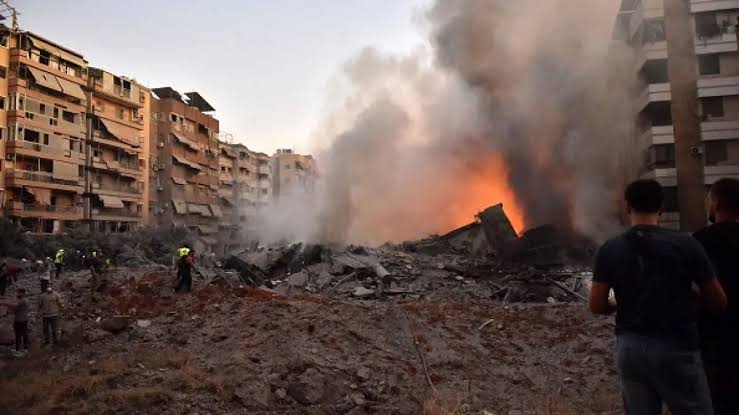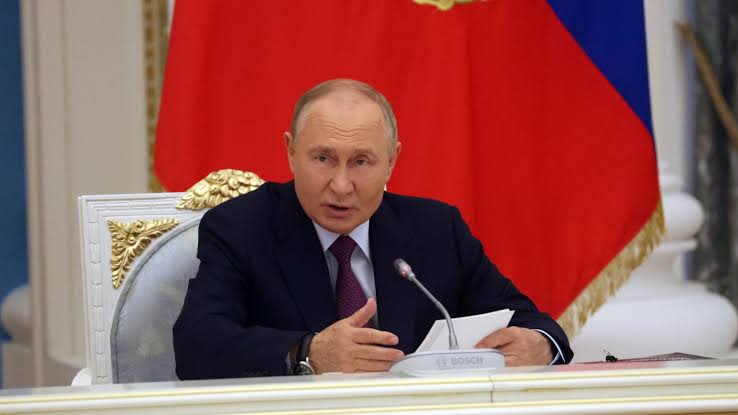While the concern and speculation about the fate of the leader of Lebanon’s Hezbollah continues, we cannot ignore the fact that, unlike the 2006 war in Lebanon, Israel has completely taken the initiative.
Kabul 24: Both Hezbollah and its main ally Iran and Israel were preparing for another war every day in the eighteen years that have passed since the 33-day war.
But the events of the past few days showed that the arrangements and basically the attitudes of the two were different.
Taking advantage of Hezbollah’s advantage in the last war, the Lebanese and Iranians mainly thought of increasing the accuracy, range and quantity of Hezbollah’s missile arsenal.
In order to create a new equation of terror and impose a better balance on Israel through it.
The other side, however, as is the habit of the calculating mind and Western critic, tried to compensate for the weaknesses and mistakes.
They turned the failure of 2006 into a problem and tried to find a solution and pathologize it.
Designing and installing a complex and multi-layered defense system was just one of their plans.
Taking advantage of new technologies such as artificial intelligence and digital and cyber tools and using them in the fields of intelligence and espionage has been at the center of their military strategies.
It can be said that Hizbollah, together with Israel, was left behind from a major and possibly revolutionary new development in the field of defense and communication industries.
For example, America lost thousands of fighter planes during the Vietnam War.
The pathology of this issue led to a general review of its strategies, and all subsequent wars did not have one thousandth the casualties of the Vietnam War.
A part of this development showed itself during the 1982 Lebanon war and the confrontation between the Syrian and Israeli armies;
The short war that crippled the Syrian Air Force and practically brought it to a standstill turned into two military forces, one of which entered the 21st century prematurely and the other remained in the middle of the 20th century.
The recent military and intelligence war indicates a similar advance.
Hezbollah and its allies had prepared themselves for a conventional war, but the enemy was moving ahead of time.
This disharmony, which is partly a product of Iran’s sanctions in the 1990s and disconnection from the global economy and advanced technology, does not mean the end of the story.
In an all-out conflict, military war and conquest and non-conquest are only part of the equation.
The most important part is the ability to draw institutional and political arrangements that form its strategic and final aspect.
Assuming Israel succeeds in targeting Hezbollah’s top leadership, this does not mean its ultimate defeat.
In the short term, this will lead to the creation of a myth about them and will greatly increase popular support for Hezbollah and strengthen its social base.
More importantly, without a ground attack, talking about victory for Israel will be meaningless.
The various results and consequences of the ground attack and its ineffectiveness are also clear.
The least consequence of a devastating military invasion is the consolidation of opposing political identities oriented towards resistance.
The picture of Gaza and the previous wars in Lebanon is before everyone’s eyes.
Saladin Khadio







